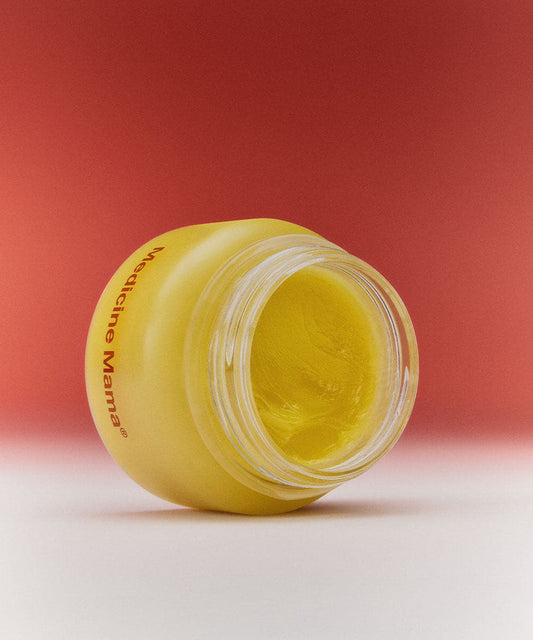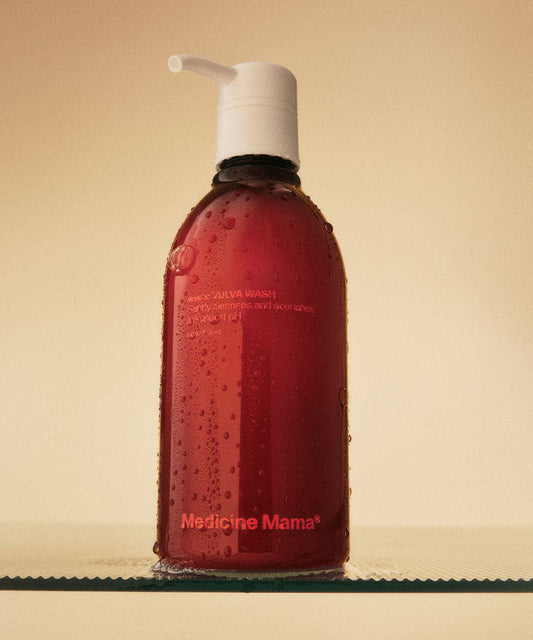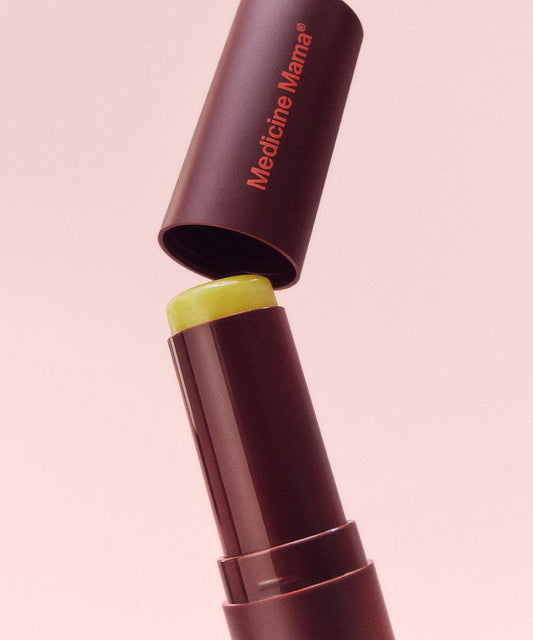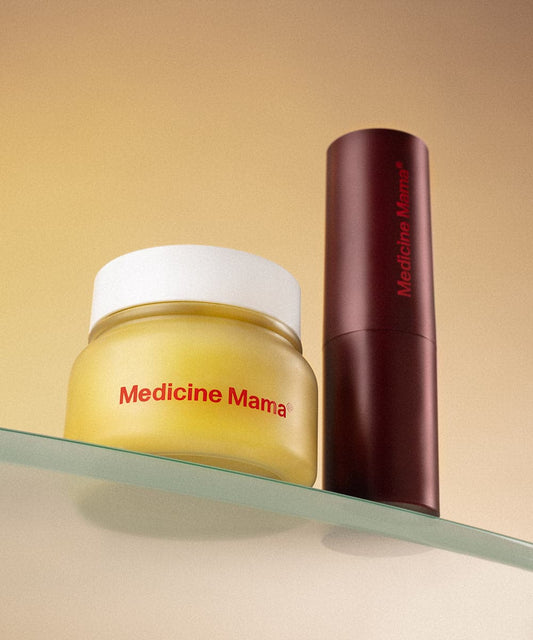
Reviewed by | Melinda (Melle) Hany, RN, ADN Registered Nurse
Pregnancy causes significant changes throughout your body. Some of these changes are extremely noticeable, such as the way that your belly grows, while others are more subtle.
Although you may not immediately notice the changes, your vulva and vagina are also undergoing changes which help prepare your body for childbirth and postpartum. Knowing what to expect during pregnancy, will better prepare you for these changes.
While some of these changes can be uncomfortable or even scary, it’s important to remember that they are likely normal for pregnancy; your body is just doing what it knows it needs to do to get you ready to have your baby!
Keep reading to learn all about potential vaginal and vulvar changes during pregnancy and some helpful hints on how to manage some of these changes.
How Does Pregnancy Affect Your Vulvar and Vaginal Health?
Your body experiences a surge of hormones, mainly HCG, progesterone, and estrogen, when you become pregnant and this hormone production continues to increase as your pregnancy progresses.
After you give birth, your hormones fluctuate even more wildly and your progesterone and estrogen levels plummet within the first 48 hours after having your baby. In turn, your oxytocin and prolactin levels skyrocket.
It’s not surprising, then, to learn that our bodies go through drastic and dramatic changes in preparation for childbirth.
Vulvar and Vaginal Changes During Pregnancy
One of the first changes that you may notice is that your vulva may turn a dark “bluish” color. It may sound alarming, but the color change is simply due to the increased blood flow to your genitals.
During this time, you may also notice that you’re developing varicose veins in your vulva; known as “vulvar varicosities”, they can be painful. Luckily, they tend to go away by themselves within 6 weeks of giving birth. They can also be managed by avoiding salty foods, not standing or squatting for long periods of time, drinking plenty of water, and wearing support garments for your pelvis.
Next, you may notice that you have swelling in the vagina and vulva during pregnancy. This swelling may cause the whole external genitalia area to look puffy and to feel uncomfortable. This is also caused by an increase in blood flow to these areas, and the fact that your uterus is growing in size to accommodate the fetus and its needs.
Swelling in this area can cause you to have a dry vagina during pregnancy. This can lead to vaginal itchiness during pregnancy, in addition to redness and discomfort which can be uncomfortable. However, if you develop an unusual or foul-smelling discharge, or if the discomfort becomes painful, then you may have a yeast infection or bacterial vaginosis, and you should contact your physician. “Your body is likely to be more sensitive to even small pH changes during this time,” notes Melinda Hany, Registered Nurse.
You will likely aLeo experience a significant increase in vaginal discharge, which may well put you at a higher risk for developing vaginal infections during pregnancy. You can thank your hormonal changes once again for this. As your hormones fluctuate, so do the pH levels in your vagina.
Unfortunately , when the pH levels become unbalanced, you are at greater risk for developing infections. The most common pregnancy-related vaginal infections are yeast infections, bacterial vaginosis, and trichomoniasis. While yeast infections are relatively harmless, but uncomfortable and do need treatment, the other two can cause significant complications for you and your unborn baby, so it’s important to get them treated immediately.
Finally, during your first trimester, vaginal spotting and bleeding aren’t always cause for concern, they should be immediately reported to your physician. While these may be due to the implantation of the egg, increased blood volume, and even hormonal changes, your physician should always be kept in the loop of any changes that you may experience.
Bleeding during your second or third trimester, however, may be a sign of something serious such as preterm labor, placenta abruption, or miscarriage; again, ALWAYS inform you physician of these changes.
Vaginal Changes After Pregnancy
Whether you have a vaginal delivery or a C-section, you can expect to have vaginal bleeding for up to 6 weeks after you give birth. During this time, you may also experience vaginal pain, swelling, and bruising.
Some women may also notice that they have a dry vagina after pregnancy due to a drastic and sudden drop in estrogen which can lead to vaginal itchiness and painful sex. Urinary incontinence is also common as your muscles naturally loosen and stretch during delivery and it takes time for them to strengthen again.
Kegel exercises for your pelvic floor can help you get those muscles back in shape.. These exercises can be started the day after you give birth, unless otherwise stipulated by your physician.
In most cases, your body will heal itself, and you will be back to feeling “normal” within 6-8 weeks. This timeline extends if you have already had multiple children, however, and also as you age.
Vaginal Hygiene During Pregnancy
Along with all of the other changes that accompany pregnancy, you may notice that your vagina has more discharge than it used to, or that your unique vaginal smell has changed. Because the sense of smell is heightened during pregnancy, you may notice the smell more than you did before.
While these changes are likely normal, they can make you feel uncomfortable, and should always be discussed with your physcian . In some cases, the increase in discharge can lead to yeast infections, if the excess moisture remains trapped in your labia.
Keeping the vulvar area, thus, is important during pregnancy. Our VMagic Feminine Wash is the perfect fragrance-free vulvar cleanser. Our gentle formula is free of irritants and surfactants and helps cleanse and moisturize your intimate area. Because of its’ unique formulation, it is gentle enough for daily use.
Vulva Skincare Routine: How To Take Care of Your Intimate Health During and After Pregnancy
It is important to have a daily intimate skincare routine that you follow. This becomes especially important during pregnancy and postpartum. Remember, pregnancy skincare doesn’t begin and end with taking care of your growing belly! Attentive vulvar care can help you with vaginal tearing prevention and can aid in recovery after you have given birth.
Pregnancy Self-Care
Use a pregnancy-safe intimate wash specifically designed to gently cleanse the vulva. During pregnancy, discharge can increase significantly, so it is important to keep the area clean to avoid vaginal infections.
Leading up to birth, it can also be beneficial to use a vulvar moisturizer to perform vulvar and perineal skin massages. This will help to keep the vulvar tissues moisturized and stretched, which may help prevent tearing during vaginal birth.
Postpartum Self-Care
After birth, it can be beneficial to use a vulvar moisturizer to soothe the intimate skin that may have been affected during labor. Our VMagic Vulvar Balm can restore hydration to dry vulvar skin that can result from dropping estrogen levels from breastfeeding and the natural hormonal fluctuations resulting from birth.
Restoring moisture to vulva skin can also help to make sex more comfortable (and more enjoyable!) after you give birth by reducing friction, dryness, and irritation. Our vulvar balm also comes in a convenient on-the-go Lips Stick version that fits easily in your hospital bag, diaper bag, or purse so you never have to leave home without it.
These moisturizers are gentle enough to be used daily, or as often as needed and have been clinically proven to reduce irritation and dryness with regular use.
How Can I Make Sex Less Painful After Birth?
Sex after birth can be uncomfortable the first few times that you choose to engage after childbirth, but there are several things that you can take ahead of time to minimize your discomfort and increase your pleasure.
First, it’s important to make sure that you wait at least six weeks before re-engaging in sex (Please consult with your physician ahead of time!). Know that it takes at least that long for your vagina and cervix to heal from giving birth. If you don’t wait, you increase your chances of severe pain or potential infection.
Another thing to consider is that hormonal changes may lead to vaginal dryness and a lack of sensation in the vaginal canal. This can be remedied by using a water-based lubricant that will increase moisture, decrease friction, and improve pleasurable sensations.
Finally, consider the position in which you are having sex . Missionary is actually one of the more difficult when you are first getting back to sex, as you have little to no control over the depth, angle, or speed of penetration. You may want to consider trying other positions which allow you to go at your own speed and your body to adjust.
The main thing to remember is to not rush right back into sexual intimacy. There are plenty of other ways to be intimate with your partner, and it is better to focus on nurturing the emotional connection with them, as you are healing. Be open and honest with your partner and take your time getting back to your pre-pregnancy activities.
Pregnancy and motherhood are beautiful ! Embrace and enjoy them!!



